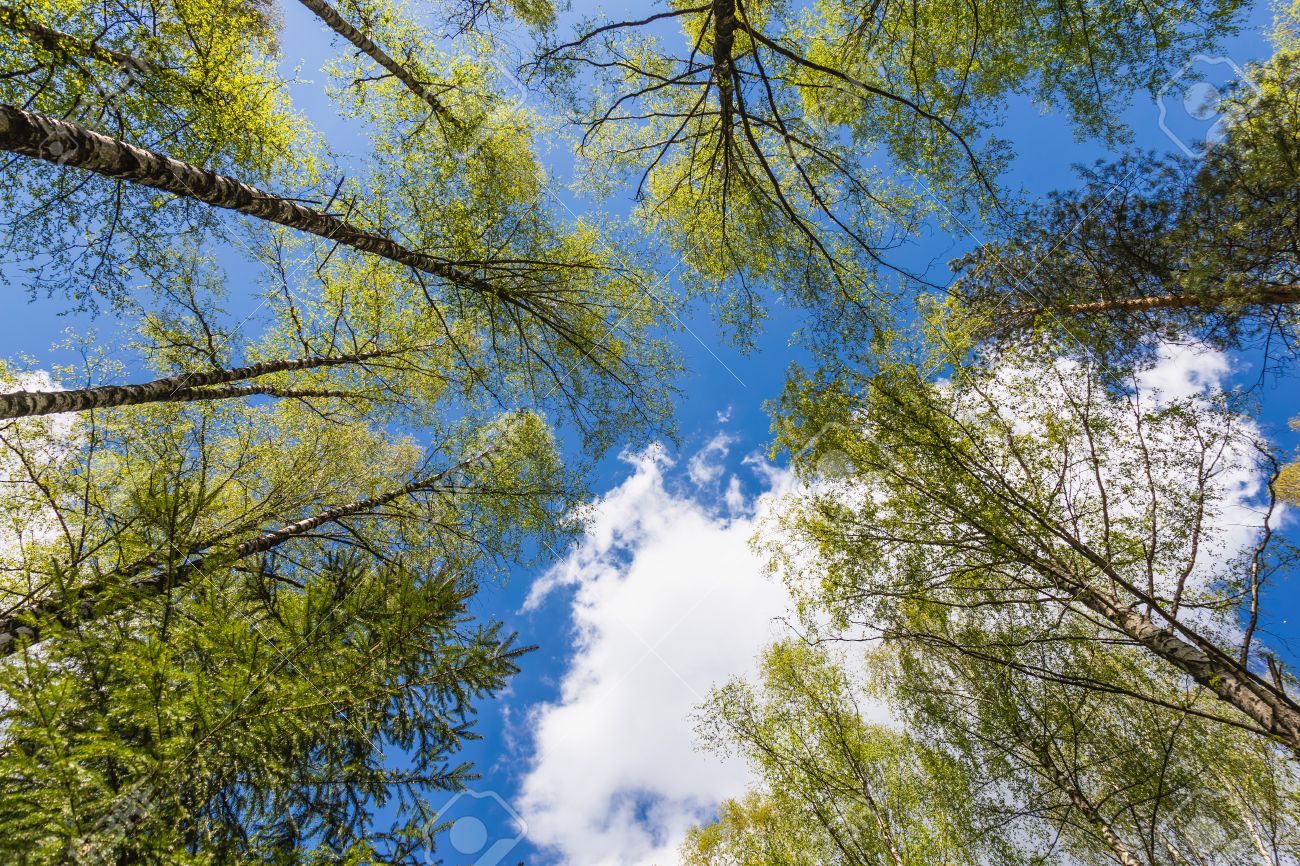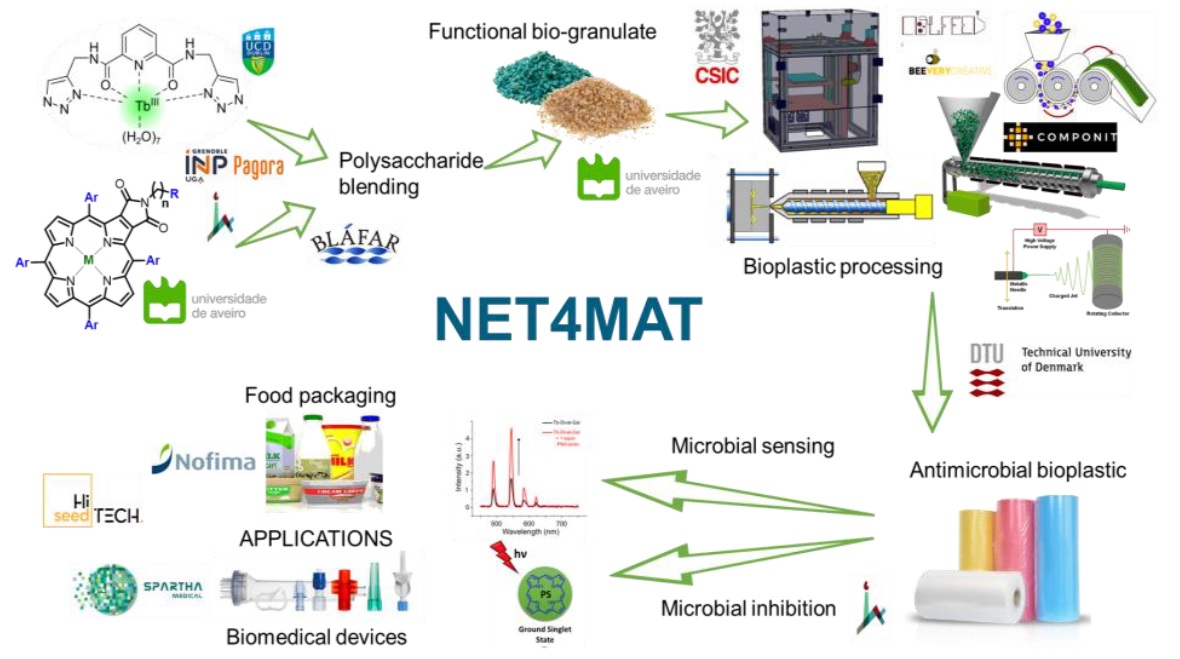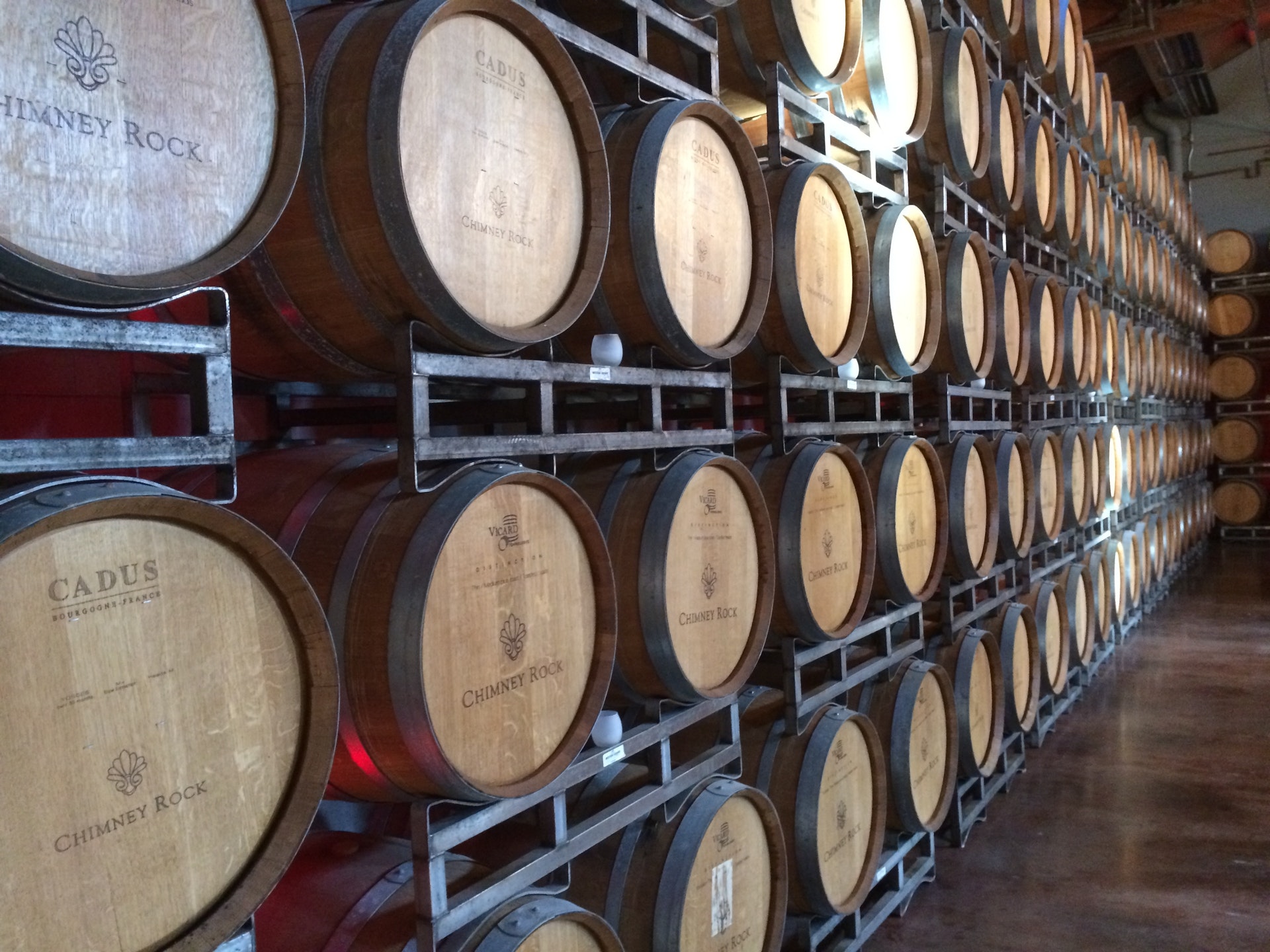Spain: Responding to Climate Change
El Banco Mundial mostró su interés en el proyecto LIFE + Los Desiertos Verdes que lidera la ETSIIAA y en particular en el vídeo de ¨Reforestación con escuelas en Sant Boi de Llobregat-Viladecans¨. Todo lo puedes ver en su portal:
http://connect4climate.org/blog/spain-responding-to-climate-change
Esto es un extracto de lo que dicen en su blog:
«Spain not only has to combat the economic crisis, but also the effects of climate change. The climate is increasingly volatile and extremely dry and hot over a number of consecutive months, which especially puts the Spanish agriculture and forestry sectors under pressure. The Spanish Government has therefore committed to reducing greenhouse gas emissions. For example, early this year it approved 37 projects under the “Clima 2013” plan, backed by €10 million budget. These projects should help to reduce emissions by 800 Tn CO2 equivalent and support the overall goal of reaching 10% lower emissions by 2020 (compared to emissions in 2005).
Apart from reducing emissions, much is being done to mitigate climate change effects. Several consequences of climate change are already happening, such as soil degradation with subsequent loss of agricultural capacity and the loss of biodiversity in affected eco-systems. Many agricultural areas are degraded and have been abandoned due to lack of profitability. One way to combat these developments is the reforestation of rural areas where trees can help improve soil quality, slow erosion, retain water and provide sheltering space and forage for wild animals. Reforestation is often difficult and expensive as the areas often lack water and are remote.
The Life+ Green Deserts project is exploring a potential solution to make reforestation affordable through the use of the Groasis Waterboxx, a device that helps young trees survive their first critical years. The partners in this ambitious reforestation project have planted 55,000 trees, most of them with the Groasis Waterboxx, and are monitoring the results. The immediate aim is to convert 63 hectares of bare and deserted land into forest without the use of traditional irrigation, in order to increase the resilience of each area. Midterm, the project intends to demonstrate the viability of the used technology and find a solution to the problems of reforestation in Mediterranean and other areas that suffer from desertification.
The Green Deserts project started in 2010 in five different Spanish provinces, namely Valladolid, León, Zamora, Zaragoza and Barcelona. These fives zones have different climatic characteristics, different altitudes, and different usage and soil composition. However, a common element is that they are extremely dry to arid and no tree, plant or crop can grow without artificial irrigation, if at all.
The participants of the project are aware that no change can be realized without raising awareness of the problem. Therefore, one of the objectives is to disseminate the results and raise awareness in local communities. Individuals, families and schools have reacted with great interest and are happy to learn more and participate in planting trees».
Learn more about LIFE+ The Green Deserts at www.thegreendeserts.com or become a fan of their Facebook Page.





